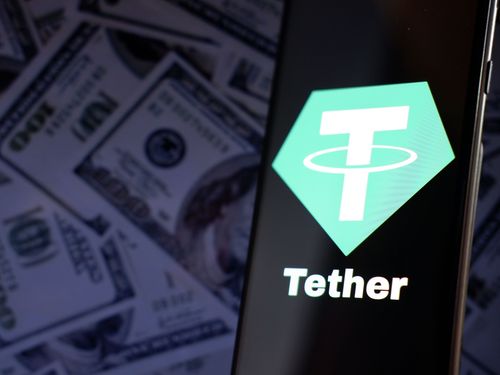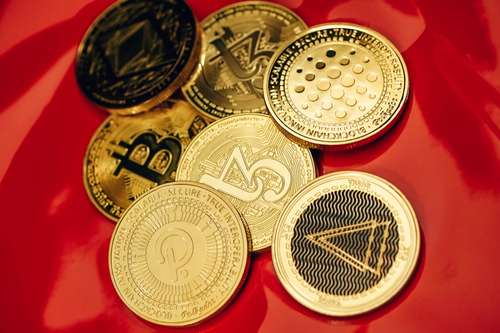
In a startling revelation, the United Nations (UN) has sounded the alarm on Tether (USDT), a stablecoin that has allegedly become the linchpin of a covert "parallel banking system" orchestrated by organized crime.
The recently published report by the UN's Office on Drugs and Crime illuminates the unsettling connection between USDT and a surge in criminal activities, particularly for online gambling and fraud, unfolding across Southeast Asia.
This exposé sheds light on the insidious role of USDT in fueling a burgeoning digital underworld in the region, casting shadows over its previously celebrated position in the cryptocurrency sphere.
USDT's Role in the Criminal Underworld: A Shocking Unveiling
The UN report underscores how USDT has surreptitiously seeped into the fabric of criminal operations, with a pronounced presence in illegal online gambling platforms.
These platforms, operating beyond the boundaries of legality, have become the favored playground for cryptocurrency-based money launderers.
Notably, Tether on the TRON25 blockchain emerges as the currency of choice, amplifying the challenges faced by authorities attempting to curb the growing menace.
The report points to a direct correlation between the rise of USDT and the escalation of Southeast Asia's illicit digital economy, specifically in the thriving cyber fraud industry.
USDT and 'Pig Butchering' Scams: Exploiting Trust for Criminal Gain
Highlighting the disconcerting versatility of USDT in criminal endeavors, the report looks into its significant role in 'pig butchering' and romance scams.
These schemes involve perpetrators gaining the trust of unsuspecting victims, weaving a web of deceit that often hints at romantic involvement before coaxing large sums of money from them.
USDT, with its purported anonymity, becomes the preferred currency for these criminals, adding a layer of complexity to tracking and tracing illicit financial transactions.
Jeremy Douglas, UN's regional representative, emphasizes the creation of a parallel banking system by organized crime, empowered by the amalgamation of new technologies and loosely regulated online casinos.

UN's Ongoing Concerns: A Continuation of Earlier Warnings
This recent UN report follows a series of warnings issued by the organization regarding the growing influence of USDT in Southeast Asia's criminal landscape.
Last August, the UN shed light on the plight of hundreds of thousands of individuals coerced into crypto scams and online fraud by organized criminal networks in the region.
These criminal enterprises reportedly exploit USDT for transactions, even engaging in the reprehensible act of selling enslaved people for the stablecoin.
The UN's persistent calls for a human rights-oriented response from Southeast Asian governments and coordinated efforts from banks and crypto exchanges underline the urgency of addressing this multifaceted threat.
The Imperative for a Collective Response: Addressing the Menace
The UN report not only serves as a stark revelation of the symbiotic relationship between USDT and criminal enterprises but also as a clarion call for decisive action.
The report advocates for a comprehensive response from governments, urging them to adopt a human rights-centered approach to counter the proliferating criminal activities.
Furthermore, the UN is urging banks and cryptocurrency exchanges to work together in accordance with international human rights standards. The objective is to restrict traffickers from transforming their unlawfully obtained crypto funds into fiat currency.



